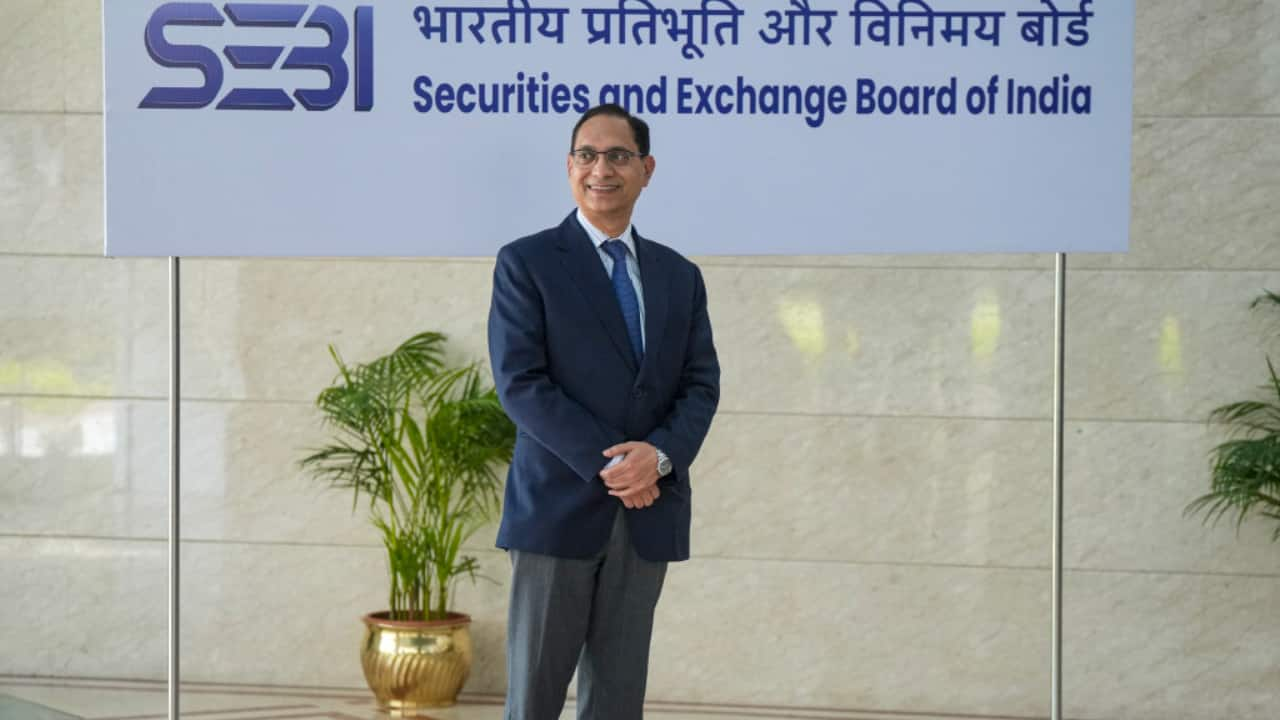 |
|
The Securities and Exchange Board of India (SEBI), the regulatory body overseeing the Indian capital markets, has recently approved a significant change in the disclosure requirements for Foreign Portfolio Investors (FPIs). In a move aimed at streamlining regulatory processes and aligning them with the evolving dynamics of the Indian stock market, SEBI has doubled the threshold for granular disclosures required from FPIs, raising it from the existing Rs 25,000 crore to Rs 50,000 crore. This decision, announced on March 24th, follows the issuance of a consultation paper on January 10th, wherein SEBI proposed this increase to better reflect the substantial growth in market volumes observed in recent years. The rationale behind this adjustment lies in the remarkable surge in cash equity market trading volumes, which have more than doubled between fiscal year 2022-23, when the initial limits were established, and the current fiscal year 2024-25. By raising the disclosure threshold, SEBI intends to reduce the regulatory burden on a significant number of FPIs while still ensuring that those with substantial holdings in the Indian equity market are subject to adequate scrutiny. The new rule mandates that FPIs holding equity assets under management (AUM) exceeding Rs 50,000 crore in Indian markets will be required to furnish additional disclosures, as outlined in the circular dated August 24, 2023. These disclosures are primarily aimed at ensuring compliance with the provisions of the Prevention of Money Laundering Act (PMLA) and its associated rules (PMLR). These regulations are designed to prevent the Indian financial system from being used for illicit purposes, such as money laundering and terrorist financing. By requiring FPIs with large AUMs to provide more detailed information, SEBI hopes to enhance its ability to detect and prevent such activities. The initial implementation of these disclosure requirements was partly motivated by concerns related to the potential circumvention of Press Note 3, a government directive issued in 2020. Press Note 3 imposed stricter scrutiny on foreign investments originating from countries sharing a land border with India. This measure was implemented to address concerns about potential national security risks and to ensure that investments from these countries are subject to thorough due diligence. The disclosure threshold was conceived as a means of identifying and monitoring FPIs that might be attempting to circumvent Press Note 3 by routing investments through other jurisdictions. While SEBI has increased the overall disclosure threshold, it has maintained the existing requirement for additional disclosures when more than 50 percent of an FPI's equity AUM is concentrated in a single corporate group. This provision is intended to address concerns about the potential for excessive concentration of ownership and the associated risks to market stability. By requiring additional disclosures in such cases, SEBI aims to gain better insight into the relationships between FPIs and the corporate groups they invest in, and to mitigate any potential risks arising from these relationships. In response to inquiries about the announcement, Tuhin Kanta Pandey, a prominent figure at SEBI, clarified that many public and sovereign funds were already exempt from these additional disclosures. He also emphasized that all FPIs are subject to standard disclosures under the PMLA and Know Your Customer (KYC) regulations. The additional disclosures being sought are intended to provide a more granular level of detail, allowing SEBI to better understand the investment activities of large FPIs and to identify any potential risks or irregularities. This change in FPI disclosure norms reflects a broader trend of regulatory evolution and adaptation to market dynamics. As the Indian capital markets continue to grow and attract increasing levels of foreign investment, SEBI must constantly refine its regulatory framework to ensure that it remains effective in protecting investors, maintaining market integrity, and preventing financial crime. By striking a balance between fostering a conducive investment climate and maintaining robust regulatory oversight, SEBI aims to promote the long-term stability and growth of the Indian capital markets. The decision to increase the FPI disclosure threshold is a step in this direction, as it is expected to reduce the compliance burden on smaller FPIs while still providing SEBI with the necessary tools to monitor and regulate the activities of larger players in the market. The implications of this policy shift are manifold. Firstly, it is expected to reduce the administrative burden on a large number of FPIs, particularly smaller funds with AUMs below the new threshold. This could potentially lead to increased participation from such investors, as they will face fewer regulatory hurdles. Secondly, the increased threshold may encourage FPIs to increase their investments in the Indian equity market, as they will be able to operate with greater flexibility. This could lead to increased liquidity and improved market efficiency. Thirdly, the maintenance of the 50 percent concentration rule will ensure that SEBI continues to monitor and regulate the concentration of ownership in specific corporate groups, preventing excessive influence and potential market manipulation. Finally, the clarifications provided by Tuhin Kanta Pandey will help to alleviate any concerns among FPIs about the scope and purpose of the additional disclosures. By emphasizing that many public and sovereign funds are already exempt and that all FPIs are subject to standard PMLA and KYC requirements, SEBI is sending a clear message that the additional disclosures are targeted and proportionate to the risks being addressed. In conclusion, SEBI's decision to increase the FPI disclosure threshold is a well-calibrated response to the evolving dynamics of the Indian capital markets. It balances the need to reduce the regulatory burden on smaller investors with the imperative to maintain robust oversight of larger players and to prevent financial crime. By streamlining regulatory processes and adapting to market changes, SEBI is contributing to the long-term stability and growth of the Indian equity market.
Source: SEBI board approves doubling disclosure threshold for FPIs to Rs 50,000 crore
